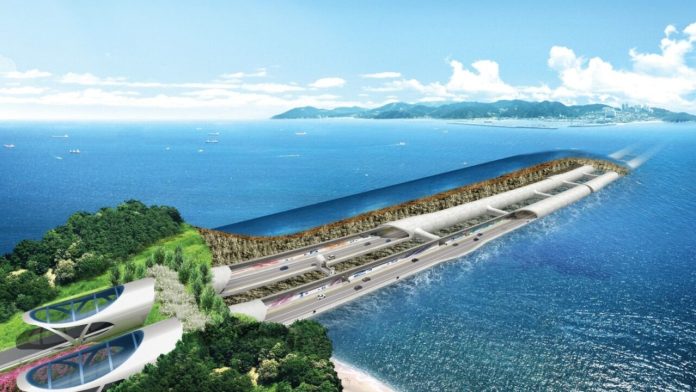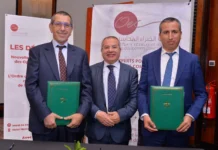The Spanish company Secegsa is set to carry out seismotectonic research as part of ongoing studies aimed at constructing a tunnel linking Spain and Morocco. According to a Spanish media source, an official tender has been issued for the leasing of ocean-bottom seismometers, crucial instruments for advancing the project.
The six-month research campaign will gather essential data on seismic activity and the geological structure of the Strait of Gibraltar, an area known for its tectonic complexity. Secegsa’s tender seeks four ocean-bottom seismometers (OBS) with an option to purchase, which will be used to capture seismic waves caused by shifts in the Earth’s crust. These high-precision instruments, developed by the Geophysics section of the Royal Navy Observatory, will provide critical information about the stability of the seabed and help identify any potential risk zones.
The collected data will then be analyzed by Secegsa experts, helping inform decisions regarding the routing and design of the future tunnel to ensure its safety and durability against seismic hazards.
In March 2024, Spanish Minister of Transport and Sustainable Mobility, Óscar Puente, expressed Spain’s strategic interest in the tunnel project to Moroccan ministers Mohammed Abdeljalil (Transport and Logistics) and Nizar Baraka (Equipment and Water). Puente emphasized the need to address the matter in an upcoming Hispano-Moroccan Joint Committee meeting.
The proposed tunnel route, spanning 42 kilometers between Punta Paloma in Spain and Punta Malabata in Morocco, would feature two single-track tunnels along with a service gallery.





